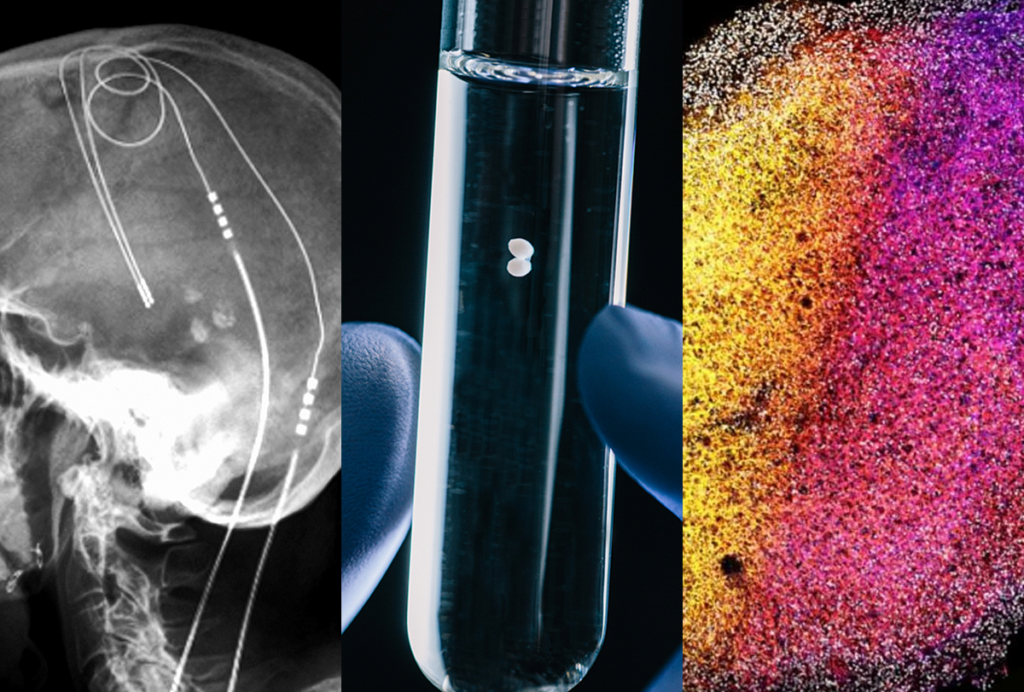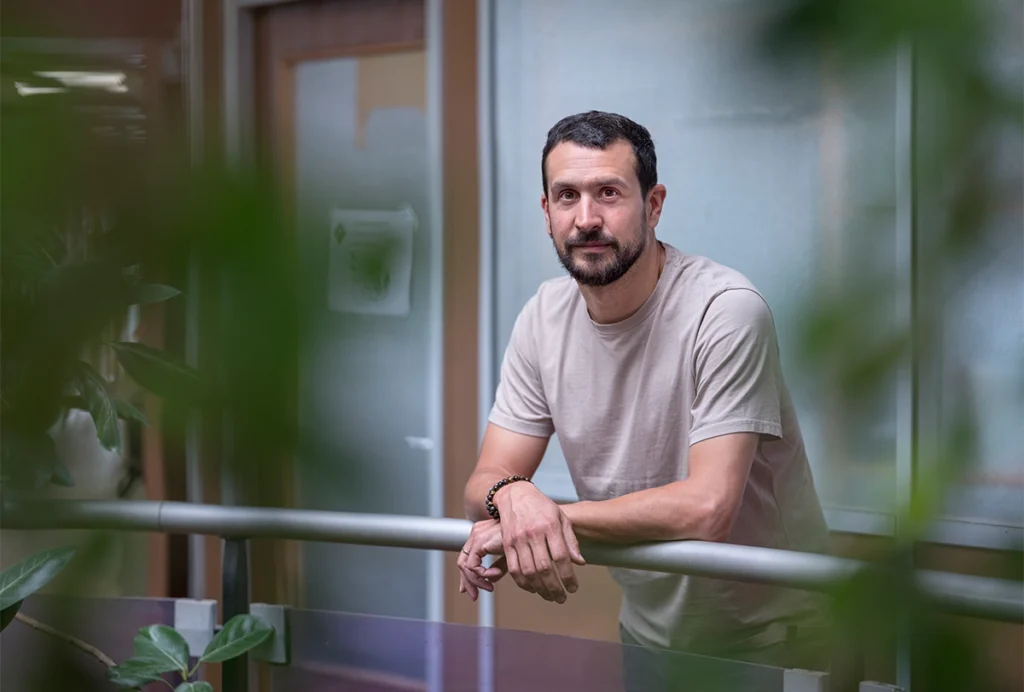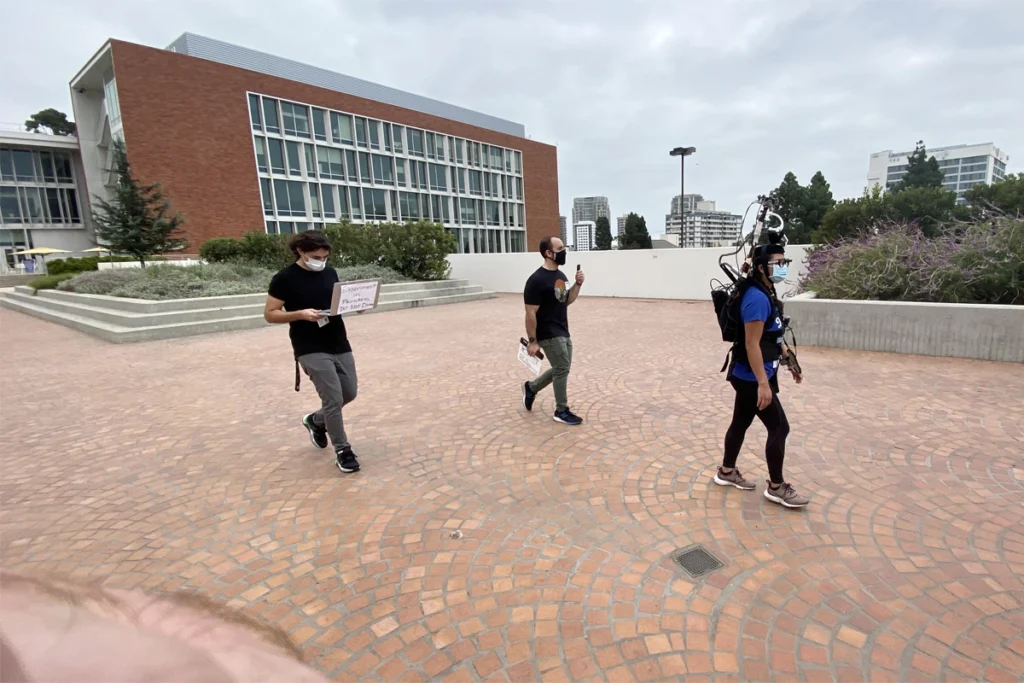Brain implant
Recent articles
Why the 21st-century neuroscientist needs to be neuroethically engaged
Technological advances in decoding brain activity and in growing human brain cells raise new ethical issues. Here is a framework to help researchers navigate them.

Why the 21st-century neuroscientist needs to be neuroethically engaged
Technological advances in decoding brain activity and in growing human brain cells raise new ethical issues. Here is a framework to help researchers navigate them.
Tracking single neurons in the human brain reveals new insight into language and other human-specific functions
Better technologies to stably monitor cell populations over long periods of time make it possible to study neural coding and dynamics in the human brain.

Tracking single neurons in the human brain reveals new insight into language and other human-specific functions
Better technologies to stably monitor cell populations over long periods of time make it possible to study neural coding and dynamics in the human brain.
The Transmitter’s favorite features of 2024
Our chosen stories include tales about research misconduct in the lab, a neuroscientist working at the end of the world, and the passing of neuroanatomy’s “great-grandfather,” Harvey Karten.

The Transmitter’s favorite features of 2024
Our chosen stories include tales about research misconduct in the lab, a neuroscientist working at the end of the world, and the passing of neuroanatomy’s “great-grandfather,” Harvey Karten.
At the end of the earth with Paul-Antoine Libourel
The French researcher’s accomplishments working with chinstrap penguins in the Antarctic highlight the importance of recording sleep in the wild.

At the end of the earth with Paul-Antoine Libourel
The French researcher’s accomplishments working with chinstrap penguins in the Antarctic highlight the importance of recording sleep in the wild.
‘Into the wild’: Moving studies of memory and learning out of the lab
People with electrodes embedded deep in their brain are collaborating with a growing posse of plucky researchers to uncover the mysteries of real-world recall.

‘Into the wild’: Moving studies of memory and learning out of the lab
People with electrodes embedded deep in their brain are collaborating with a growing posse of plucky researchers to uncover the mysteries of real-world recall.
Explore more from The Transmitter
Frameshift: Raphe Bernier followed his heart out of academia, then made his way back again
After a clinical research career, an interlude at Apple and four months in early retirement, Raphe Bernier found joy in teaching.

Frameshift: Raphe Bernier followed his heart out of academia, then made his way back again
After a clinical research career, an interlude at Apple and four months in early retirement, Raphe Bernier found joy in teaching.
Organoid study reveals shared brain pathways across autism-linked variants
The genetic variants initially affect brain development in unique ways, but over time they converge on common molecular pathways.

Organoid study reveals shared brain pathways across autism-linked variants
The genetic variants initially affect brain development in unique ways, but over time they converge on common molecular pathways.
Single gene sways caregiving circuits, behavior in male mice
Brain levels of the agouti gene determine whether African striped mice are doting fathers—or infanticidal ones.

Single gene sways caregiving circuits, behavior in male mice
Brain levels of the agouti gene determine whether African striped mice are doting fathers—or infanticidal ones.